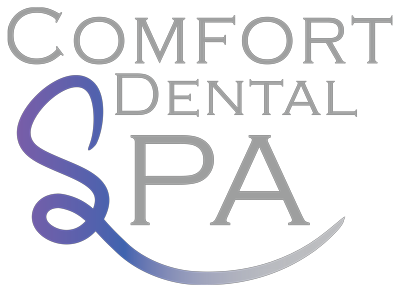Your teeth are very strong and take a beating day after day. Chewing forces are tremendous but if you have other habits such as biting your nails, chewing pen tops, opening bottles with your teeth, or grinding and clenching, then your teeth take even more of a beating. We often take our teeth for granted until we have a problem, but when you do have a dental problem do you know your options? One option is the Procera dental crown.
Questions and Answers
Question: What is the difference between a ceramic porcelain crown and a Procera ceramic crown?
Answer: Procera AllCeram is a new ceramic material available that has certain advantages over porcelain.
Question: What are the advantages of each?
Answer: While porcelain blends nicely with natural dentition and is strong and durable, it is not well-suited to the chewing forces of back teeth. Procera AllCeram can withstand functional and parafunctional loading without fracturing, has a more precise fit than other crown materials, has a high masking effect, and is easier to install.
Question: Are there other material options?
Answer: Yes, other crowns available include the all-metal crown, the porcelain-fused-to-metal (PFM) crown, and the zirconia crown.
Question: What are their advantages?
Answer: The all metal crown is usually made of gold, is strong and long-lasting, and often used for the back teeth of grinders and clenchers. PFM crowns are both strong and esthetic. The zirconia crown is also highly esthetic and strong.
Question: Do they all cost the same amount?
Answer: No. The cost of a dental crown is contingent upon the material used, the crown size, the condition of the original tooth, and its location. A dental crown, depending on the above conditions, can cost anywhere from $500 to $3,000. Insurance may help pay if the crown is a restorative rather than a cosmetic procedure.

 INSURANCE BENEFITS BEFORE THE END OF THE YEAR. IF YOU DON’T USE IT, YOU LOSE IT!
INSURANCE BENEFITS BEFORE THE END OF THE YEAR. IF YOU DON’T USE IT, YOU LOSE IT!